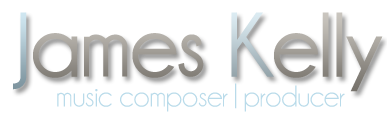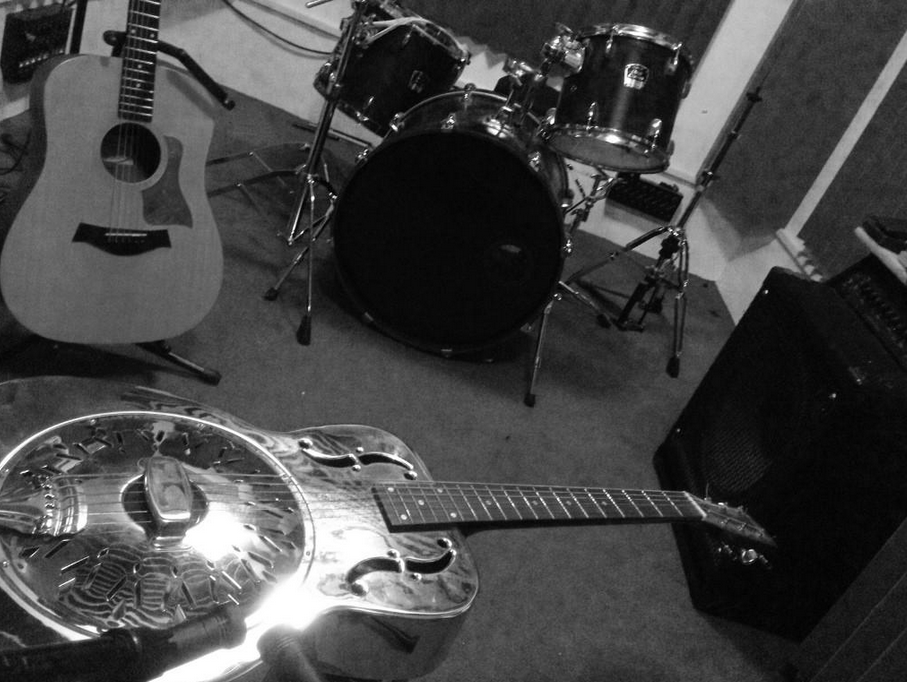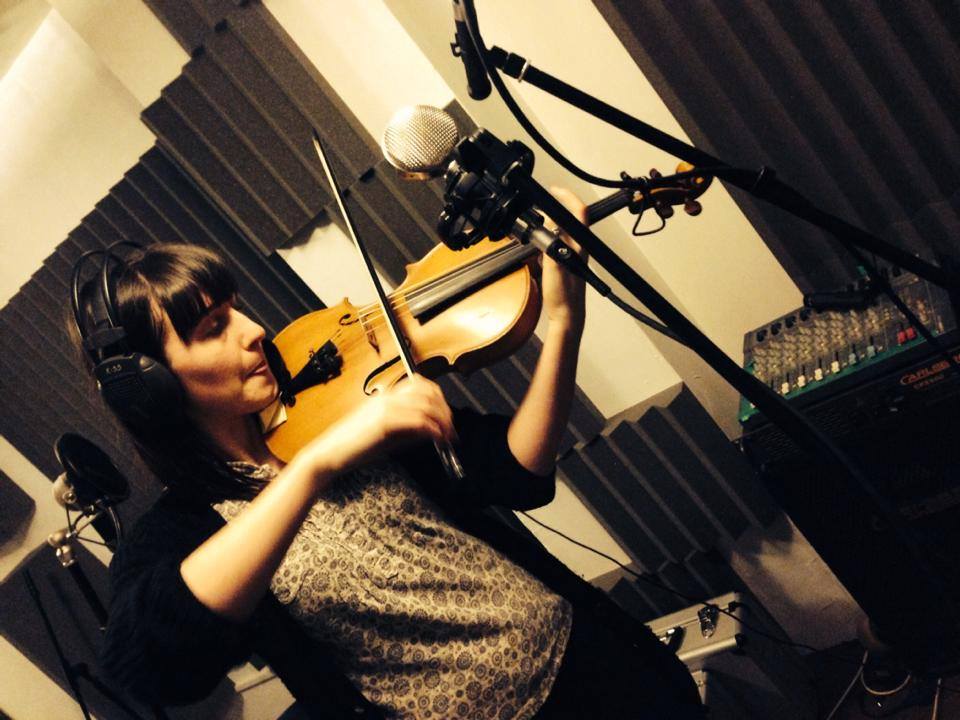I’ve recently been working on an Indie/Folk Production Music album. I’m currently finishing off 16 tracks loosely influenced by the likes of Nick Mulvey, Ben Howard, Hozier and Ed Sherran. I’ve been composing production music for around 2 years now for various libraries, but this is the first instance where I’ve had an album all to myself and I have to say it’s very exciting prospect!
I thought I’d share some of the things that have helped me when writing production music over the past couple of years. This isn’t an extensive list, it’s just some points I’ve found useful along the journey so far…
1. Knowing what you’re really good at
This is a more general point that I’ve learnt. There’s a lot of people out there doing production music. I’ve had to prioritise and really focus on what I excel at and know I’m one of the best out there doing a particular genre or style. e.g. I won’t try producing a dubstep production music track as I know full well that there’s other super talented producers out there who have devoted their skill to that particular genre. However there are other genres I feel I’m very strong on and I focus on these.
2. Hooks and Melody
When I first started I was thought too much along the lines that production music is background music. It inevitably is sometimes. But sometimes it will be the main attraction and at the forefront of the production that drives a visual sequence. I’ve tried to remember that having interesting hooks and pieces of interest every bar/other bar will really help editors.
3. Broadcast quality is a must
This goes without saying (and to be honest I need to beef up the list a bit!) but it really has to sound ready to go in terms of the mix and have high production values thorough out.
4. Close but not too close
There is a danger you can take the reference track to literally and produced something a bit too close to the influence sometimes. It’s something to be careful of as it could lead to problems (or simply the library won’t accept it). Using reference tracks as a guide in terms of mood. style and production is the way forward I think and it’s not something to just blatantly copy.
5. Evolve and Develop
If I’m producing a track that naturally loops (which it has too really) then there’s no point repeating the same chorus again and again just for the sake of it. The song needs to evolve and develop. Each section should be different as this will give the editor options. It’s not like normal everyday music where you can perhaps get away with a Hey Jude style ending that repeats the same hook again and again and again. I’ve found production music the track has to constantly develop and evolve a lot more. No section should be exactly the same.
6. The first 30 seconds
Much like the first track on a band demo CD, the first 30 seconds is sometimes the only chance you will get to make an impression with an editor/producer/director. So that 30 seconds has to be represent the essence of the track fully and also be interesting/relevant enough to engage the listener.
7. Having a mood and emotion in mind from the start
One thing I’m finding more and more is that having a particular emotion set out from the start that I can constantly refer to is a really method to keep the track focussed for it’s purpose. I try to think in the mindset that people will be typing in emotional terms in the library search engine and then the track will have to fit the bill to this emotion (e.g. if an editor types ‘happy acoustic guitar music’ then how well will my track fit that bill?)
9. Keep it real
This is a personal choice and more of a general point that I apply to all my compositions, but where possible I like to keep it real i.e. use real instruments if I can and work less with virtual midi instruments (and if they are virtual instruments they’re the best ones going). This inevitably takes more time but in the long run I truly believe this bring more soul, emotion and vibrancy to the tracks I produce. Obviously this will depend on the genre and deadlines etc…
As I say, this isn’t an extensive list and it’s not in any sort of logical order! I’ve missed a few really obvious ones (e.g. no fade outs). Are there any other interesting bits of advice anybody else has? (from either the musician or film/tv production side)


